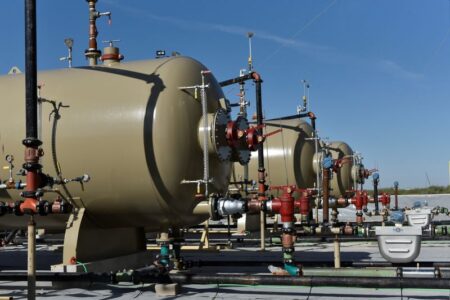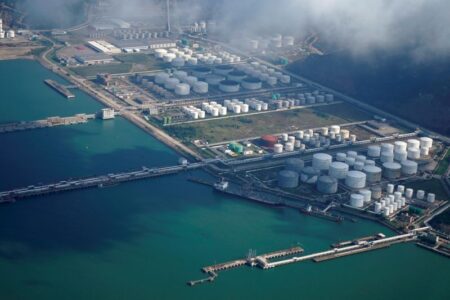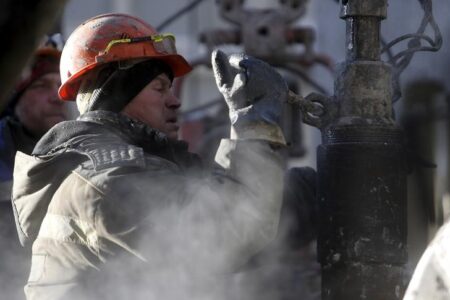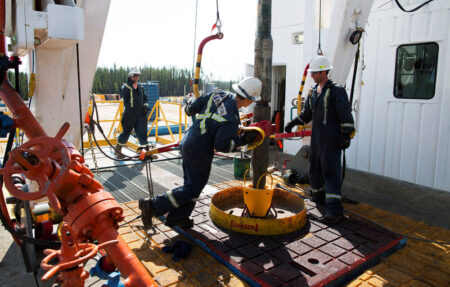By Jan Strupczewski
BRUSSELS (Reuters) -European Union governments discussed on Thursday how to revamp EU decision-making and finances to be ready for new members as the Commission said it would propose cash and EU market access for candidates to speed up their membership preparations.
The talks among EU affairs ministers of the 27 current member states in the Spanish town of Murcia were to lay the groundwork for an EU summit on Oct 5-6.
“Enlargement is one of the major challenges that the Union is facing,” Spanish Foreign Minister Jose Manuel Albares, whose country holds the EU’s rotating presidency, told a news conference after the meeting. “We have to be prepared for enlargement.”
Eight countries currently have official EU candidate status – Turkey, Ukraine, Moldova, Albania, Bosnia and Herzegovina, Montenegro, North Macedonia and Serbia – while two, Georgia and Kosovo, are potential candidate countries.
EU Enlargement Commissioner Oliver Varhelyi told the news conference the EU would make internal reforms in parallel with preparations made by candidate countries to meet complex EU entry criteria.
To help the candidates reform faster, the European Commission would present in the next two weeks a package of measures that would offer the candidates gradual EU market access as well as additional cash, Varhelyi said.
Guiding the talks on the EU’s internal preparations is a paper prepared by French and German scholars which calls for a radical overhaul of the EU’s decision-making and funding before it can accept more countries by a tentative deadline of 2030.
DECISION-MAKING AND MONEY
Decision-making is key because the EU now requires unanimity on foreign and security policy, taxes, EU finances, some areas of justice and home affairs and social security and protection.
This has already been criticised by some governments and experts as either substantially slowing or even blocking the EU’s development, as all decisions in these areas have to be reduced to the lowest common denominator.
Varhelyi said after the meeting that despite such challenges the Commission believed accepting new members would not require changes to the EU treaties – a potentially long and complex process that itself requires unanimity.
The EU would also have to change its agriculture policy and regional policy and the European budget, if new members were to join, the Franco-German paper said.
EU agriculture policy would need to be revamped because the admission of agriculture powerhouse Ukraine would dramatically change current EU direct payments to farmers.
A similarly major change would happen to the EU’s regional policy, under which poorer EU members receive money to raise their standard of living.
The agriculture and regional funds make up two thirds of the EU budget, which totals roughly 1% of the bloc’s gross national income a year. The Franco-German paper said the budget, worth around a trillion euros in 2021-27, should be bigger — a highly contested idea in the EU.
The paper, which polarised EU governments when first discussed on Sept. 19, said some countries in the EU should be allowed to form closer cooperation than others, forming four tiers of European integration.
The deepest integration would be in the inner circle similar to the euro zone using the single currency and the passport-free Schengen travel zone, with the second tier the EU itself.
The third, larger circle would be made up of Associate Members who would participate in the EU’s single market for goods and services and adhere to the EU’s common principles – along the lines of the proposal pre-announced by Varhelyi.
The fourth would be the European Political Community, an outer tier for political cooperation without having to be bound to EU law.
Read the full article here












